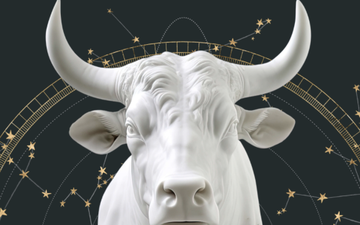
Imagine a situation where you are part of a group, perhaps to organize a big party or complete a project at work. Everyone is excited and promises to contribute as much as possible to achieve the results. But once the work starts, you realize that some members of the group are more "supervisors" than contributors. This is the Ringelmann effect in action!
The Ringelmann effect , named after the psychology researcher Maximilien Ringelmann, shows that the more the number of individuals in a group increases, the less each individual works.
A 1913 study of his found that when people joined a group to pull a wire, they used less force than they would if they did the task alone. More people, less effort - it's a paradox that many of us often experience.
An example of this effect
Think about a group of students who decide to work together on an important school project. Initially, enthusiasm is high, everyone gives ideas and gets involved to do the best job possible. But, after some discussions, the situation starts to change. One student decides to play games on his phone, another starts hanging out on Instagram to look at travel photos, and another says he "has a brilliant idea" that he finds on Google. Meanwhile, those students who are focused begin to feel frustrated and end up giving more importance to distractions than to the work.
After a few hours, the result is that, despite being a large group, they failed to complete the project, leaving behind an insufficient paper and no "group spirit". This example best explains the Ringelmann effect: when working in a group, sometimes each of us offloads part of the work to the other, resulting in a poorer performance than we would have if we were working individually.
This phenomenon occurs due to what is called "social loafing", a natural tendency that occurs when individuals feel less accountable for the results of group work. When you are alone, you are motivated to do your best; when you're in a group, you feel more relaxed because you trust that someone else will cover your absences.
So the next time you feel like part of a group, don't let your energy "melt" like ice in the sun!
Suggested articles:





